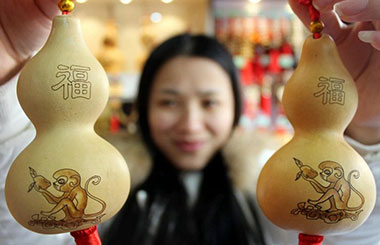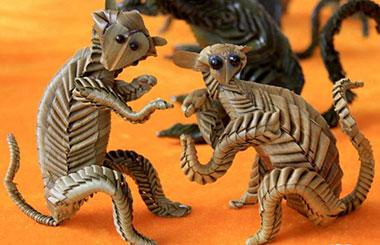Ancient Dharmago murals restored in Xinjiang
( Chinaculture.org ) Updated: 2016-01-05 16:05:14
 |
|
Some restored ancient murals are kept inside a box at Xinjiang Uygur Autonomous Region Museum. [Photo/Chinanews.com] |
Sixty-two murals from the ancient Khotan civilization have been restored recently after over two years' painstaking efforts by cultural relic restorers.
These precious murals were discovered in Dharmago on the south edge of Taklimakan desert in Xinjiang Uygur autonomous region.
The project to restore the ancient murals started at Xinjiang Uygur Autonomous Region Museum on May 20, 2013, with an investment of 1.73 million yuan from State Bureau of Cultural Relics.
By October, 2015, 62 of the 98 murals collected at Dharmago historical remains have been restored. Due to lack of historical records, experts failed to put together the rest of the 36 remnants.
The Dharmago site preserves the smallest pagoda of mediaeval times in China and the world. Although small, the pagoda is well preserved with precious murals, exquisite sculptures, and an elegant Buddhist hall.
The archaeological discovery at Dharmago was made during the early 20th century, when a large number of Buddhist remains dating from the Wei Dynasty (AD 220-265) to the Tang Dynasty (AD 618-907) were found at the site.
Historical evidence shows that Dharmago used to be a Buddhist place and Buddhist temples once flourished here.
|
|
|
|
|
|
|
|

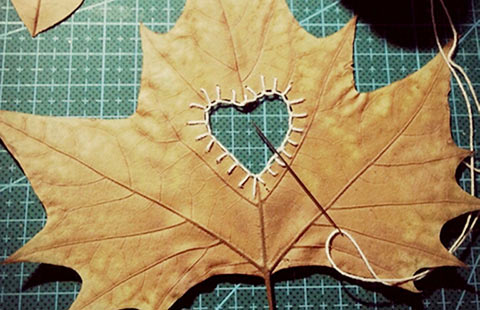


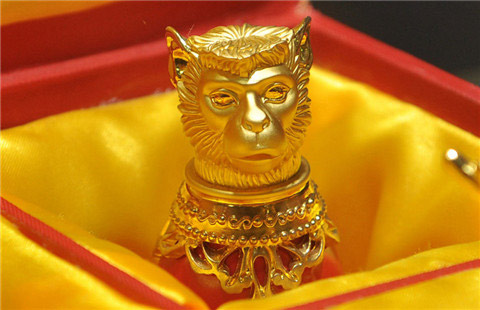

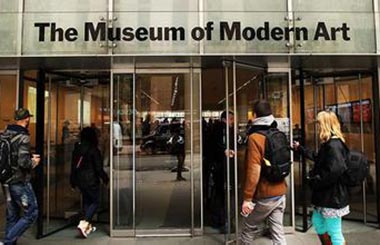
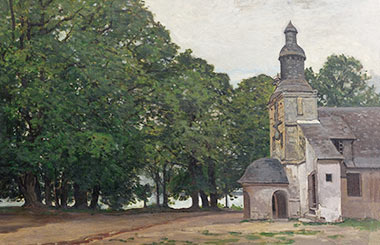







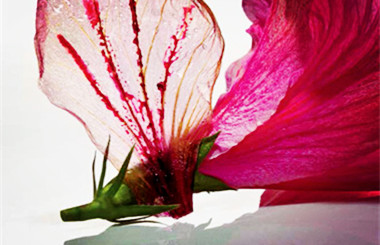
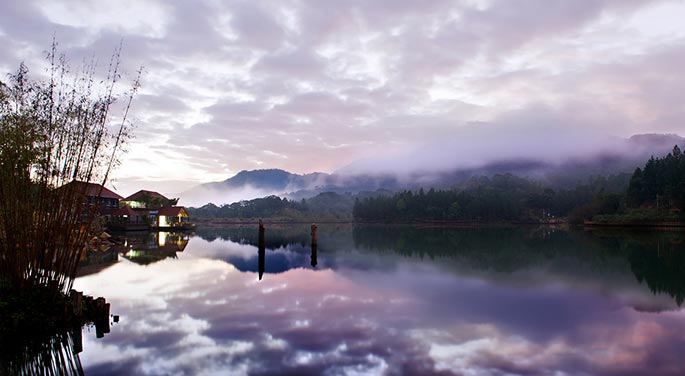
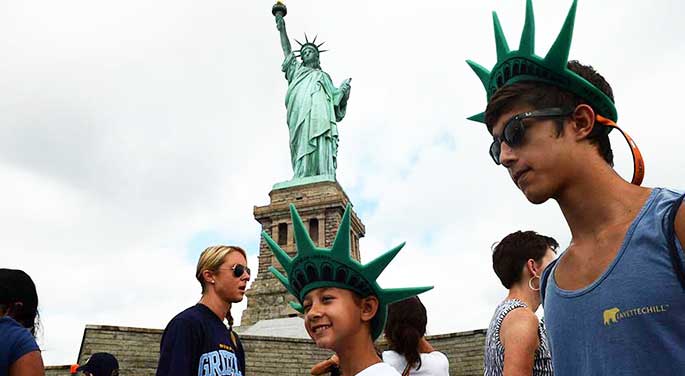

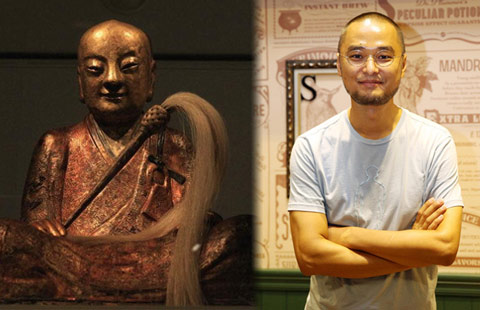


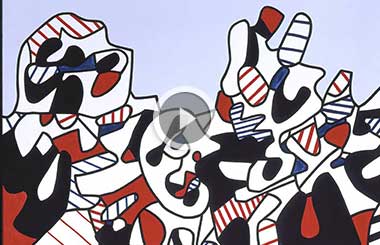
 Raymond Zhou:
Raymond Zhou: Pauline D Loh:
Pauline D Loh: Hot Pot
Hot Pot Eco China
Eco China China Dream
China Dream China Face
China Face
